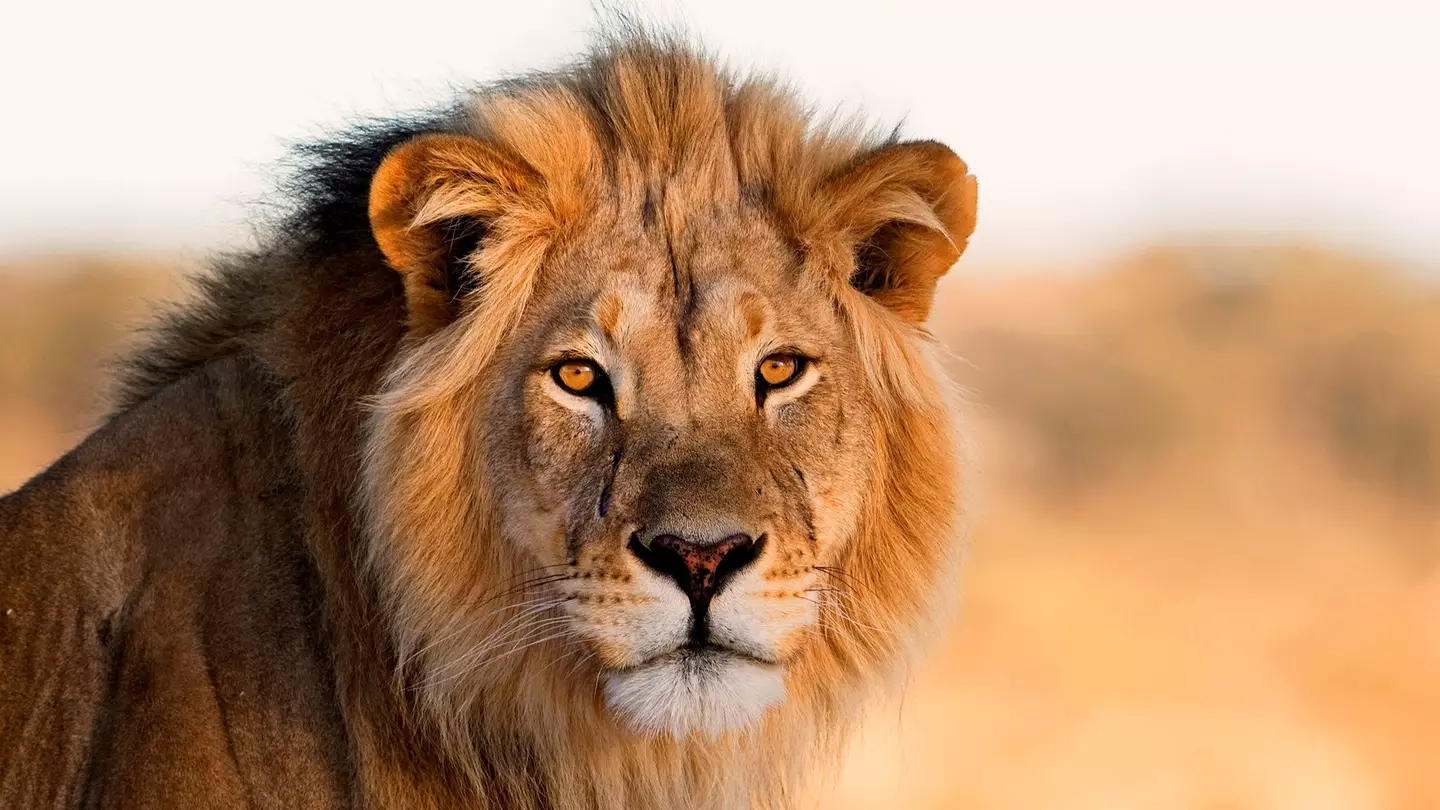
A viral TikTok meme seems to be changing the way Gen Z talk about the struggles that come with just existing.
In a week that's seen the elite Group 7 take over our social media feeds, sparking both confusion and intrigue, the internet has somehow found room for yet another trend for us to wrap our heads around.
Most of us are still stuck trying to figure out what '6, 7' means...
Anyway, TikTok users have been using a specific meme format to ironically point out some of their deepest (and not-so-serious) concerns.
Advert
Known as the 'lion/lioness' trend, it's prompted the resurgence of a popular Game of Thrones quote - one that's also been adopted by grind culture...
Tywin Lannister gives some solid advice to his son Jamie during the HBO show's debut season.

Way back in 2011, he said: "The lion doesn’t concern himself with the opinions of a sheep."
Advert
Now, the line is giving us a fascinating insight into how Gen Z are communicating their worries, says language expert Anna Pyshna, from the language learning app Preply.
What is the TikTok lion trend?
Adapting Tywin Lannister's famous quote, the trend sees TikTok users refer to themselves as the lion or lioness before sharing what they really are concerned about.
For example, 'the lion does not concern himself him with societal pressure to get a driver's licence'.
Advert
Or, 'the lion does not concern himself with getting into a relationship'.
The trend has gone viral, having inspired more than 26 million TikTok posts, with creators using it to poke fun at their insecurities while bonding over shared feelings of burnout, dating stress and self-doubt.
What does the lion trend say about Gen Z?
Aside from being a funny, relatable meme, the lion trend gives us some fascinating insight into Gen Z.
Advert
Language expert Anna explains that younger generations are turning to humor and irony as emotional tools.
"What’s fascinating about this trend is that it takes a phrase about power and flips it into something self-aware and deeply human," she said.
"This style of communication, telling a serious truth wrapped in a joke, is now a defining feature of how people, especially younger users, express emotion online."
The science backs up this shift too, with one study finding that Gen Z use memes as 'identity markers and emotional language', and that memes are largely characterized by the use of humor as a means of coping with stress.
Advert
Exploring this further, Anna says that the meme belongs to a growing category of communication known as 'anti-proverbs', when traditional phrases are twisted to reflect modern realities.
"The proverb structure gives people permission to say something personal. It’s a mask of humour that allows honesty to feel socially acceptable," she explained.
"These meme-based rewrites show how internet users reshape classic language to match contemporary experience, using irony not to distance themselves from meaning, but to make it shareable."
So not only are Gen Z hilarious and relatable, but we're in touch with our emotions, too? Score!
Topics: TikTok, Mental Health, Social Media